The U.N. says there are 35 million international migrants in the Gulf Cooperation Council (GCC, a group of Persian Gulf states), Jordan, and Lebanon. They are defined as “someone who changes his or her country of usual residence, irrespective of the reason or legal status.” They include refugees and dependents—31 percent are women. Arab states also host a subgroup of 23 million migrant workers—defined by the ILO as “a person who migrates or who has migrated from one country to another with a view to being employed other than on his own account.” Most are in low-skill, low-wage occupations; 39 percent are women. These numbers are often underestimated.
The GCC hosts 10 percent of global migrants with Saudi Arabia and the United Arab Emirates (UAE) respectively hosting the third and sixth largest such populations globally. International migrants comprise over 80 percent of the populations of the UAE and Qatar, 70 percent of Kuwait’s, and 55 percent of Bahrain’s.
Migrants are more vulnerable due to inadequate health care, worse economic conditions, and overcrowded living conditions, which put them at greater risk of infection. The majority of COVID-19 cases in the Gulf are among foreign migrants. For 2020, the International Monetary Fund sees economies in the Middle East and North Africa (MENA) down by 5.7 percent, with the GCC shrinking by 7.6 percent. This means massive unemployment, unpaid wages through failing businesses or wage theft, arbitrary detentions or deportations as legal residencies falter, and a growing need for food handouts. Many are stranded due to travel bans or unaffordable tickets.
Similar hardships have hit Lebanon’s 250,000 foreign workers with many abandoned and unpaid. Stories of unemployment and unpaid wages for foreign workers are being told in Jordan. The over 1 million refugees in each country have also greatly suffered economically while facing increased resentment. The port blast in Beirut has only compounded this tragedy.
COVID-19’s economic crisis will also devastate millions dependent on remittances from India to Egypt and beyond 2019. Remittances from the GCC were $120 billion—the top three were the UAE ($40 billion), Saudi Arabia ($39 billion), and Kuwait ($15 billion). The World Bank forecasts a 20 percent drop in remittances to low- and middle-income countries, from 2019’s $714 billion (the highest ever) to $572 billion in 2020, exceeding the 5 percent dip after the 2008 crisis. The usual pattern of a crisis in poorer countries leading to increased remittances may not apply now, since both hosting and sending countries are in crisis.
The relationship between the GCC and foreign workers is one of mutual, if uneven, interdependence. GCC economies would be crippled without foreign workers. Over 90 percent of private sector workers in the UAE and Qatar are foreigners and 80 percent or higher in Saudi Arabia and Kuwait. Foreign workers also generate economic demand, especially for staples and essential services. Large departures of higher wage expatriates would cripple the high-end, high-tech economies sought by these countries while significantly impacting demand for high-end goods and services. Despite labor policies encouraging employment of nationals and technology, foreign workers, low wage or otherwise, will remain critical to these economies for many years. Unless changes are made, labor conditions will remain shameful.
The pandemic underlined flawed labor migration systems with myriad avenues for abuse. The most notorious is the “kafala” sponsorship system in the GCC, Lebanon, and Jordan. Workers cannot leave or change employers without their employers’ consent, placing them at risk of exploitation and abuse. Those who leave without “permission” risk losing legal residency and face detention and deportation. The practice is seen as an opening to modern day slavery by the ILO, Amnesty International, and others. Human Rights Watch defines it as “a restrictive immigration regime of laws, regulations, and customary practices—that ties migrant workers’ legal residency to their employer.” This system also leaves migrants largely outside national labor and other protective legislation.
From Jordan to Lebanon to GCC countries, there have been reforms over the years, the most far-reaching in Qatar in August 2020. Still, basic elements of the system persist. Many nationals see the availability of cheap labor as part of the social contract—another largess in exchange for political quiescence. Reforms are often opposed by local and international interests, especially the private sector whose workers are overwhelmingly foreigners. Also profiting are companies that facilitate and profit from this vast movement of people. Onerous fees for foreign jobs are common with many migrants borrowing at high rates, often leading to debt-bondage.
For many, including the U.N. and local activists, racism plays a role. Human Rights Watch‘s Hiba Zayadin says “the pandemic exposed decades of systemic racial discrimination” and adds that “unless the (Kafala) system as a whole is abolished, you won’t see any real improvement in the lived experiences of migrant workers in the Gulf.” Nor, obviously, in other countries where the system exists.
Still, returns have started. The ILO says the exodus will exceed exits during the 2008 crisis and the 2014 oil price drop. Over 200,000 have left the UAE while 450,000 Indians and 60,000 Pakistanis have applied for repatriation. Since 2017, 1 million foreign workers have left Saudi Arabia as Saudization ramped up. Another 1.2 million could leave in 2020. Yet unemployment remains at 12 percent as many Saudis refuse lower-end jobs.
However, with economic recovery, demand for foreign workers will ramp up, as will abuses. There are benefits to reform. Allowing workers to change employers can lead to increased productivity and better wages. A Dubai study noted that employer-specific visas led to inefficiencies of 6.6 percent of total costs and 11 percent, on average, of profits. The ILO has numerous recommendations including discontinuing individual sponsorship and having a host-country agency or ministry regulate recruitment, allow exits without employer approval, and impose penalties for those who withhold workers’ passports, mobile phones, etc. It also has recommendations for sending countries and individual employers. What needs doing is fairly clear, but political will is needed to proceed.
This is a system that despite severe systemic and individual violations, has pulled millions out of poverty, contributing globally to political stability and development. These jobs and remittances will be critical as economies recover. It is in the interest of the international community to push for positive change and support local reformers to build a sustainable and humane migration system.
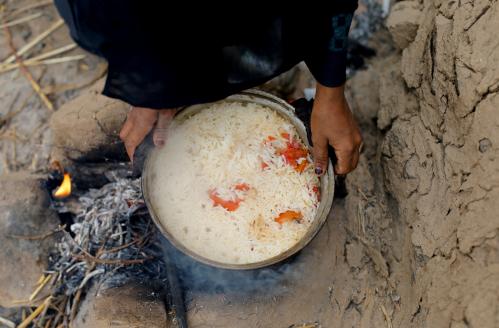
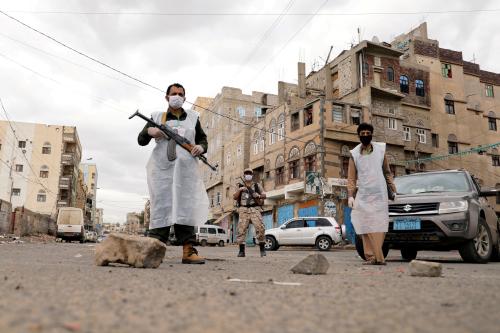
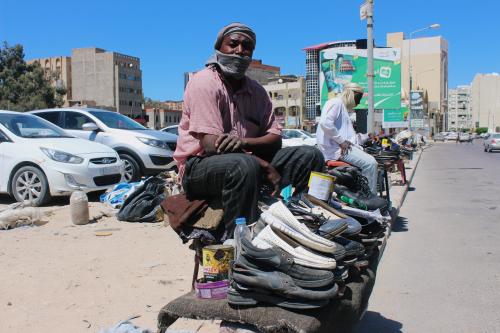
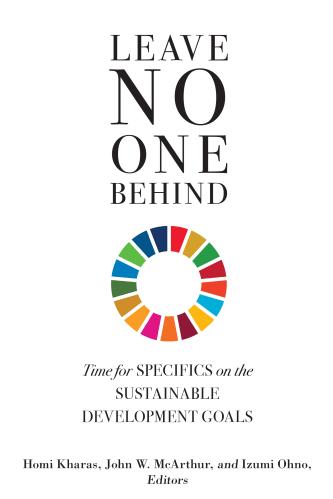
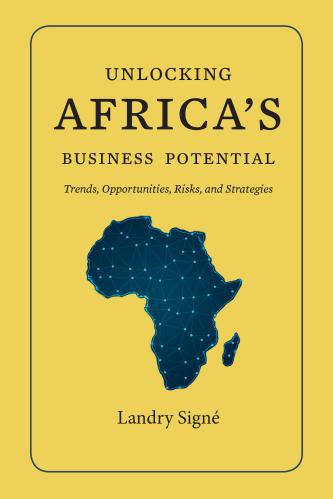

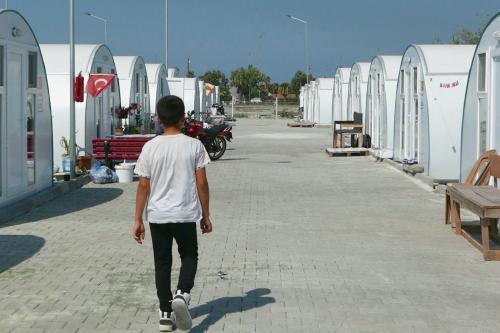

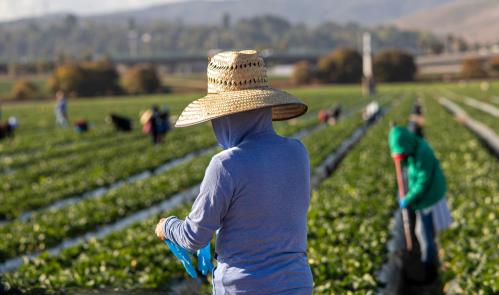
Commentary
Pandemic highlights the vulnerability of migrant workers in the Middle East
September 17, 2020